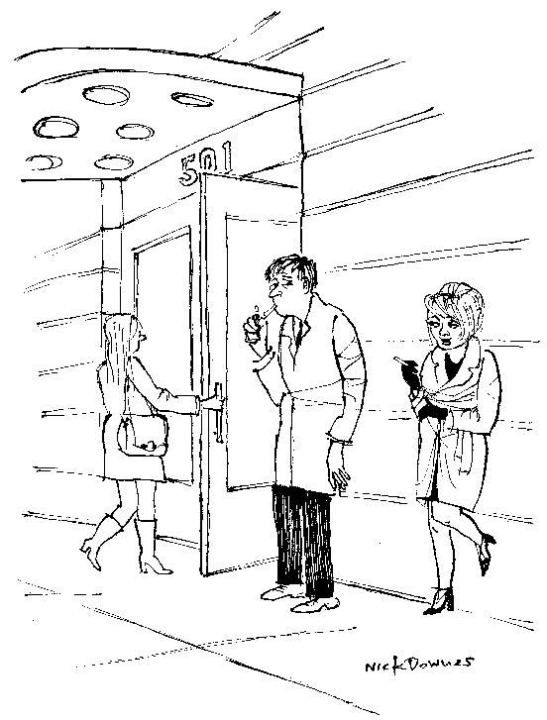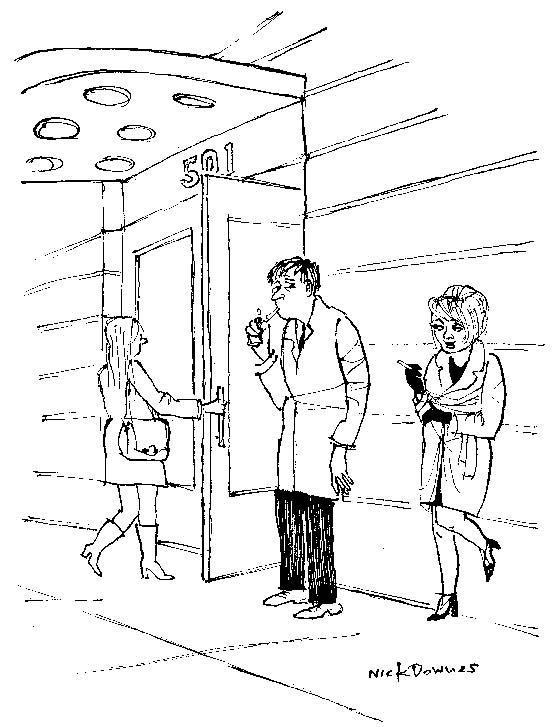Athens
As everyone knows, Sigmund Freud was a fraud. And, like many frauds, he thought the Parthenon might also be one. But he summoned his nerve and visited the sacred site and was delighted as well as shocked at what he saw. This was 1904. Like other visitors, Freud dreaded that the real thing might not live up to his expectations, but it did and continues to do so today. Unlike other cultural icons — the ‘Mona Lisa’, the pyramids — the Parthenon never disappoints, and even a philistine such as Bill Clinton has been photographed misty-eyed between the columns.
Mind you, the one that takes the booby prize is the American lassie that years ago yelled, ‘Look, Ma, from here you can see the Hilton.’ I suppose it’s the symmetry and the proportions that make the Parthenon the wonder it is, and if a certain Lord Elgin had never existed, the place would be even more exquisite than it is.
I have just read a book by Mary Beard on the Parthenon and learnt a thing or two that had escaped me. My uncle, who was chief justice of the Supreme Court and president of the Archeological Society of Greece, used to give me monthly tours of the Acropolis when I was a child. Still, uncle never told me that the small temple called Erechteion had been converted into a harem by the Turks, with its line-up of columns of caryatids advertising the delights that lay inside.
But Mary Beard did, so I’m now much the wiser. The ‘big bang’, as Beard calls it, took place in 1687, when the Venetians fired on the Turks who had turned the temple into a gunpowder store. A Swedish general, Count Koenigsmark, gave the order, but the one who always gets the credit for the sacrilege is Count Morosini, the overall commander of the Venetian force, whose descendant, Fabrizio Ferrari, is one of my oldest friends.
The Parthenon and its new museum aside, things are not looking good for the Olive Republic. It is impossible to measure the extent of the damage done to Greece’s image abroad by recent events. The ongoing blockade of ports by disgruntled seamen has seen thousands of tourists cancelling their travel plans. Tourism is Greece’s biggest industry, and at times it seems the country’s small economy simply cannot bear any more blows. A foreign friend of mine lamented about a beautiful country inhabited by unpatriotic vandals, assorted barbarians and uncivilised mobs. There wasn’t much I could say to him in defence of Hellas.
Yet a couple of hours away from the urban jungle that is Athens, along the Peloponnese coast — I am building a house to see out my days and, in case the deputy editor says yes, for our honeymoon — a warm summer’s evening walk through the heavily scented pinewoods feels a touch of the divine. Seeing the sun set over the mountainside of, say, Epidaurus, evokes the deepest feelings of awe. The spell of the ancient world is everywhere. The amphitheatre of Delphi, the theatre of Epidaurus with its perfect acoustics, the profound humanity of Sparta’s village people, that’s what Greece means to me, not the sordid mess back in the capital with its crooked politicians.
The Peloponnese is royalist to the core, and King Constantine is building a house up above the coast across from Spetse. I will be his neighbour, but the first thing I will do now the contracts have been signed is build a wall around the deputy editor’s and my honey- moon house. My last properties in Zante were slowly but surely stepped on by neighbours who appreciated my absence to such a degree that they decided to grab my lands for good. I spent my time paying for lawyers to get them back, but absentee landlords do not get much respect in Greek courts of law. I sold the lot 15 years ago. Now I want to go home again, anchor Bushido below and, Penelope-like, wait for some lost love to return.
Only kidding — about waiting, that is. Although it is commonplace to talk of the treasures of antiquity, for me the inheritance of a Greek legacy is what the modern world is all about. For example, we understand more about Titian if we know about a horrific episode in Greek mythology, and our mythological legacy begins with Homer. Homer makes Shakespeare and Goethe look like soap opera hacks, although I must admit more soap operas have been inspired by Mr H than the Englishman and the German.
Greece has always been a place for the real and the imaginary. ‘Istoria kai mythologia,’ as they say in Greek. The Greeks invented politics as we know it, and are among the most political people in the world. The trouble is that no Greek ever suffers from self-doubt or will ever admit to being wrong, which makes it very hard to run a country. The only time a Greek city-state ran like clockwork was 400 years before the birth of Christ. Ultimate authority was given to an assembly of Athenian citizens chosen at random, which, 2,500 years later, confirmed Bill Buckley’s conjecture that New York would be better run by taking names out of the telephone book at random rather than the frauds that were elected by the know-nothing masses. It was an extraordinary experiment that worked perfectly until certain Athenians got too big for their boots — like today’s neocons — and took Athens down the Swanee for good.
I am off sailing again, this time with American intellectuals on board, so next week prepare yourselves for the new improved Taki — a man with many redeeming vices.








Comments